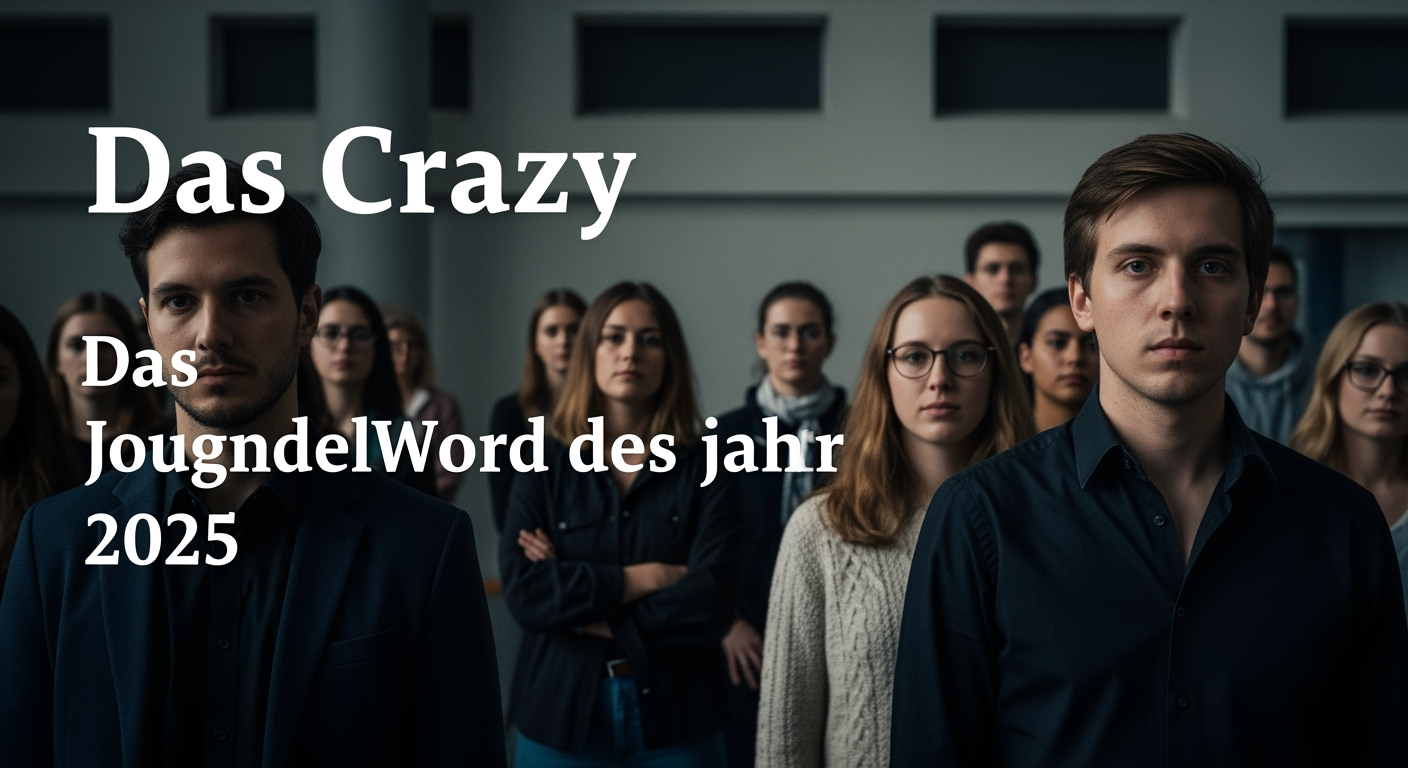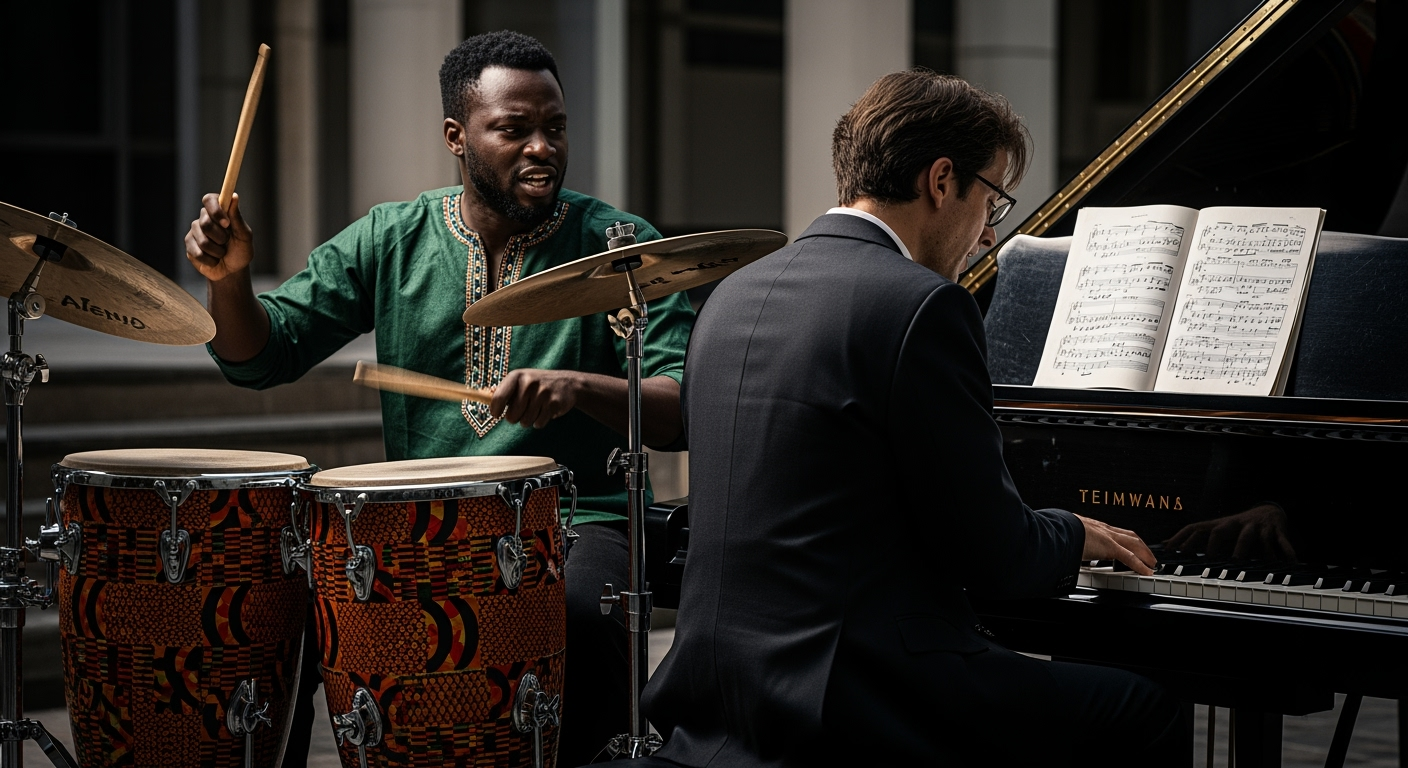Related Articles

Daring Daylight Heist Shakes Louvre, Priceless Jewels Vanish

"Das crazy" Crowned German Youth Word of the Year 2025, Reflecting English Influence and Linguistic Nuance





In the highly charged landscape of the Israeli-Palestinian conflict, the art of filmmaking has become both a mirror reflecting profound realities and a battleground for competing narratives. Filmmakers from both sides face an intricate web of obstacles, ranging from international boycotts and distribution challenges to domestic censorship and precarious funding, making the simple act of telling a story a complex political act. Amid escalating geopolitical tensions, their cinematic voices are struggling more than ever to be heard, both at home and across the globe.
The global stage has become a contentious arena for both Israeli and Palestinian cinema, with political allegiances frequently dictating reception and distribution. Israeli films and institutions have increasingly faced boycotts and condemnation from a growing number of international filmmakers and industry figures. In one significant instance, over 1,300 film professionals, including prominent actors such as Olivia Colman, Javier Bardem, and Tilda Swinton, pledged to boycott Israeli film institutions they deemed "implicated in genocide and apartheid against the Palestinian people." This widespread movement has made securing international co-productions and distribution significantly more difficult for Israeli filmmakers, with industry insiders noting a reluctance from foreign companies to associate with Israeli projects.
Conversely, attempts to boycott Israeli cinema have been met with an opposing wave of support. More than 1,200 entertainment leaders, including Liev Schreiber and Mayim Bialik, signed an open letter condemning the boycott as "blatant discrimination" and arguing that it harms Israeli work that often pushes for peace and criticizes the government. They emphasize that Israeli film often features collaboration between Jewish and Palestinian artists.
Palestinian films, while often lauded at international festivals for their artistic merit, frequently encounter substantial hurdles in finding distributors in Western markets, particularly in politically polarized nations like the United States and Germany. Films such as "No Other Land," which garnered an Oscar, and "The Voice of Hind Rajab," a Silver Lion winner at Venice, have struggled to secure commercial distribution, often forcing filmmakers to self-release their work to reach audiences. This issue is compounded by allegations of streaming platforms like Netflix removing Palestinian films from their libraries, a move criticized as contributing to the "cultural erasure" of Palestinian narratives and potentially aligning with political interests.
Within Israel, filmmakers grapple with domestic pressures that challenge artistic freedom and financial stability. The Israeli Military Censor actively engages in preventive censorship, capable of suppressing information deemed a threat to national security. Beyond military concerns, governmental bodies have increasingly intervened in cultural programming. The banning of films like "Lyd" and "Jenin, Jenin 2," both centered on Palestinian perspectives, illustrates a clear effort by the Israeli government to suppress voices it perceives as "slandering Israel and its soldiers."
The Ministry of Culture and Sports has been at the forefront of these interventions, threatening to withdraw funding from film institutions and award ceremonies that honor content critical of government policies or that present Palestinian narratives. A notable instance occurred when the film "The Sea," an Arabic-language film about a 12-year-old Palestinian boy, won multiple prizes at the Israeli Film Academy's Ophir Awards and was selected as Israel's Oscar submission. Minister Miki Zohar swiftly announced plans to cut government funding for the awards, calling the ceremony "pathetic" and an "insult to the citizens of Israel" for portraying Israeli soldiers in a "defamatory and false manner." This move sparked a strong debate between state power and cultural independence, with the Israeli Film and Television Academy emphasizing artistic excellence and freedom of expression.
Furthermore, outdated funding regulations within the Israeli film and television industry are creating budget deficits and an increased reliance on international co-productions, which are now harder to secure. Calls from the government to prioritize commercially viable films over artistic and niche productions also raise concerns among filmmakers about the potential politicization of funding decisions and the erosion of artistic integrity.
Palestinian cinema faces a distinct set of foundational challenges rooted in the absence of a fully developed national film infrastructure and consistent government support. Unlike many national cinemas, there is no robust Palestinian Ministry of Culture with substantial budgets dedicated to film funding, forcing filmmakers to seek resources externally. This reliance on foreign co-productions, often from European entities, frequently comes with unspoken or explicit demands for "balanced" narratives that can dilute the Palestinian perspective or push certain political agendas, such as a two-state solution framework.
Geographical fragmentation and movement restrictions pose significant logistical hurdles. Palestinian filmmakers, dispersed across the West Bank, Gaza, Jerusalem, and the diaspora, struggle to collaborate or access filming locations due to Israeli checkpoints and permit systems. A filmmaker from Gaza, for example, may find it nearly impossible to attend a festival or shoot a film in the West Bank. This division not only impedes practical production but also limits the ability of local audiences to engage with their own stories, given the scarcity of cinemas in the West Bank and a complete lack in Gaza.
Despite these immense challenges, there is a concerted effort to build capacity and support. The recent launch of the Palestine Film Fund (PFF) in May 2025 by the Palestine Film Institute signifies a critical step towards empowering Palestinian filmmakers worldwide. The fund aims to provide essential financial and professional support, prioritize those working in the most challenging circumstances, and ensure that Palestinians can tell their own stories, shape their own narratives, and control their own images.
Amidst these formidable obstacles, both Israeli and Palestinian filmmakers demonstrate remarkable resilience, using cinema as a potent tool to explore identity, challenge preconceptions, and preserve cultural memory. Films from both traditions often delve into the complexities of the conflict, with Israeli films, such as "Let It Be Morning" and "Tantura," critically examining the Palestinian experience and controversial historical events. These works, while often praised internationally, can spark fierce debate and even backlash within Israel.
Palestinian cinema, often described as an act of resistance, strives to counter efforts of invisibility and to defy attempts to prevent the emergence of a distinct Palestinian culture. By humanizing experiences and providing context to struggles, these films challenge dominant narratives and offer audiences a deeper understanding of the region's socio-political landscape. Despite the difficulties in distribution and the pressure to conform, films like "No Other Land" and "The Voice of Hind Rajab" have, through sheer determination, found their way to audiences, proving a significant appetite for these critical perspectives.
The ongoing struggles faced by Israeli and Palestinian cinema underscore the powerful, often turbulent, relationship between art and politics in the region. Filmmakers on both sides persist in their efforts to create, believing in the power of their stories to foster empathy, provoke dialogue, and document their complex realities. Their work serves as an indispensable archive of human experience, battling against censorship, boycotts, and political manipulation to ensure that these crucial voices are not silenced.